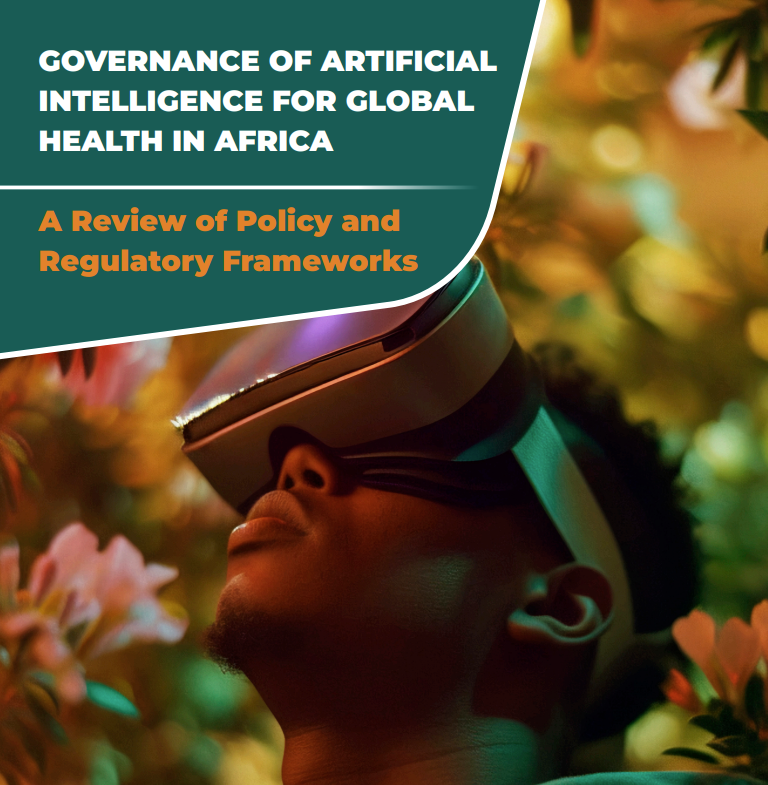Artificial Intelligence (AI) is one of the new technologies that are modelled to transform global health. Various AI technologies have appealed to political and public interest as this field continues to grow and is already irreversibly transforming health through some radical innovations. As such, there are strong academic and public conversations on potential impacts of AI in socio-economic, health and security. These conversations are predominantly driven by the disruptive nature AI has on these fields.
A recent collaborative project between the South African Medical Research Council’s Cochrane South Africa (CSA) and Science Foundation for Africa was aimed at generating research evidence on how best to efficiently govern AI and related scientific advances and technologies such as data science (DS), the Internet of Things (IoT), cloud computing, robotics and drones.
The report aimed to address the lack of governance of the application of AI in global health which urgently requires policy attention at national, regional and international levels. The United Nations (UN), the European Union (EU), the World Health Organization (WHO), the United Nations Educational, Scientific and Cultural Organization (UNESCO) and the African Union (AU) have been exploring numerous ways and means of introducing methods that can be employed to govern AI and DS.
A survey was conducted by Science Foundation for Africa that involved different stakeholders, namely, researchers working on genomics, diagnostics and clinical trials; all these were the majority from the respondents in the research category. The survey analysed stakeholders’ awareness of existing national and regional policy and regulatory frameworks for AI around global health in Africa.
Report Findings and Implications
Findings from the survey revealed that there was no significant difference in policy awareness across the regions with very few people being aware of an existing policy. In addition to the survey, CSA led a bibliometric analysis of publications on AI in global health, showing that the USA had the highest number of publications.
The analysis reported that these are largely increasing with multiple-country research publications on AI around global health, which is indicative of a growing number of international collaborations in health-related AI research.
In Africa, South Africa has the highest number of AI research publications with majority of them co-published with authors from other countries. This indicates that South African researchers are potentially well-versed in the field of AI in global health and are playing an important role in international AI research activities. Overall, South African universities dominate the health AI R&D landscape in Africa as they are the most prolific in scientific publications on health AI.
Dr Duduzile Ndwandwe, Specialist Scientist, CSA said, “We are thrilled to see the finalised report on Governance of Artificial Intelligence for Global Health in Africa: A Review of Policy and Regulatory Frameworks. It has been an honour to contribute to the discussions shaping the future of AI in health across the continent, and we look forward to leveraging this critical work to drive innovation and equitable health solutions for Africa."
View the full report | HERE
Learn more about Cochrane South Africa | HERE

